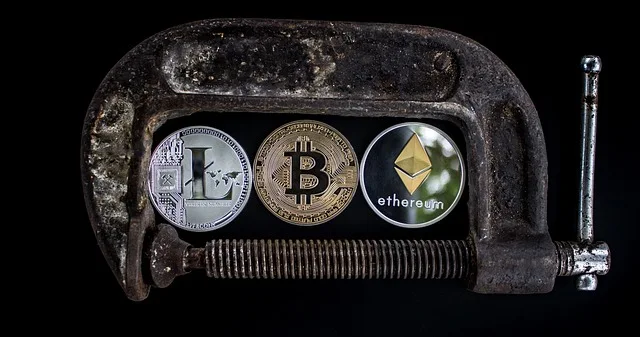
Cryptocurrency is a valuable digital asset, and like any other valuable asset, it is a target for hackers. There have been numerous high-profile cryptocurrency hacks in recent years, resulting in millions of dollars worth of crypto being stolen.
However, there are a number of things that you can do to protect your crypto from hackers. Here are some of the most important tips:
Cryptocurrency security best practices
Use strong passwords and two-factor authentication (2FA) for all of your cryptocurrency accounts. This includes your exchange accounts, wallet accounts, and any other accounts that are related to your crypto.
Keep your software up to date. Software updates often include security patches that can help to protect your devices from known vulnerabilities.
Be careful about what links you click on and what attachments you open. Phishing attacks are a common way for hackers to steal cryptocurrency. Phishing emails are designed to look like they are from legitimate companies, but they actually contain links or attachments that can infect your device with malware or steal your login credentials.
Only use trusted cryptocurrency exchanges and wallets. Do some research before you choose an exchange or wallet to make sure that it has a good reputation and a strong security track record.
Crypto wallet security
Store your crypto in a secure wallet. There are two main types of cryptocurrency wallets: hot wallets and cold wallets. Hot wallets are connected to the internet, while cold wallets are not. Cold wallets are generally considered to be more secure, as they are less susceptible to hacking.
Back up your wallet regularly. This is important in case your wallet is lost, stolen, or corrupted.
Never share your wallet's private key with anyone. Your private key is the key to accessing your crypto. If anyone else has your private key, they will be able to steal your crypto.
Crypto exchange security
Only use trusted cryptocurrency exchanges. Do some research before you choose an exchange to make sure that it has a good reputation and a strong security track record.
Enable 2FA on your exchange account. This will add an extra layer of security to your account and make it more difficult for hackers to gain access.
Withdraw your crypto from the exchange as soon as possible. Exchanges are a prime target for hackers, so it is best to keep your crypto in a secure wallet whenever possible.
Crypto phishing attacks
Be careful about what links you click on and what attachments you open. Phishing emails are designed to look like they are from legitimate companies, but they actually contain links or attachments that can infect your device with malware or steal your login credentials.
Never enter your login credentials on a website that you are not sure about. If you are unsure about a website, it is best to err on the side of caution and do not enter your login credentials.
Use a password manager to generate and store strong, unique passwords for all of your online accounts. This will help to protect you from phishing attacks.
Crypto malware
Keep your software up to date. Software updates often include security patches that can help to protect your devices from known vulnerabilities.
Use a reputable antivirus program and keep it up to date. Antivirus programs can help to detect and remove malware from your devices.
Be careful about what files you download and install. Only download files from trusted sources.
Crypto scams
Be wary of any investment opportunity that promises guaranteed returns. There is no such thing as a guaranteed investment, and any investment that promises guaranteed returns is likely to be a scam.
Do your research before investing in any cryptocurrency. Make sure that you understand the project and the risks involved.
Never send cryptocurrency to someone whom you do not know and trust.
Conclusion
By following these tips, you can help to protect your crypto from hackers. It is important to be aware of the risks and to take steps to mitigate them. By following these tips, you can help to keep your crypto safe.
 Sodiq J.
Sodiq J.
